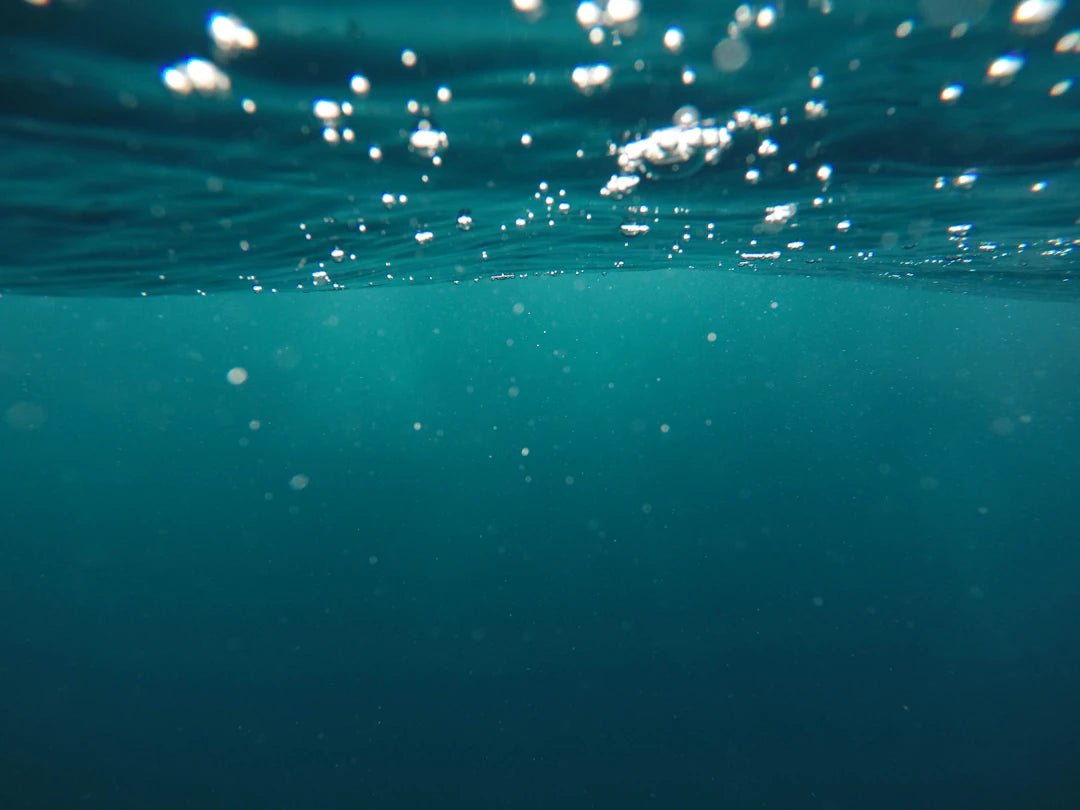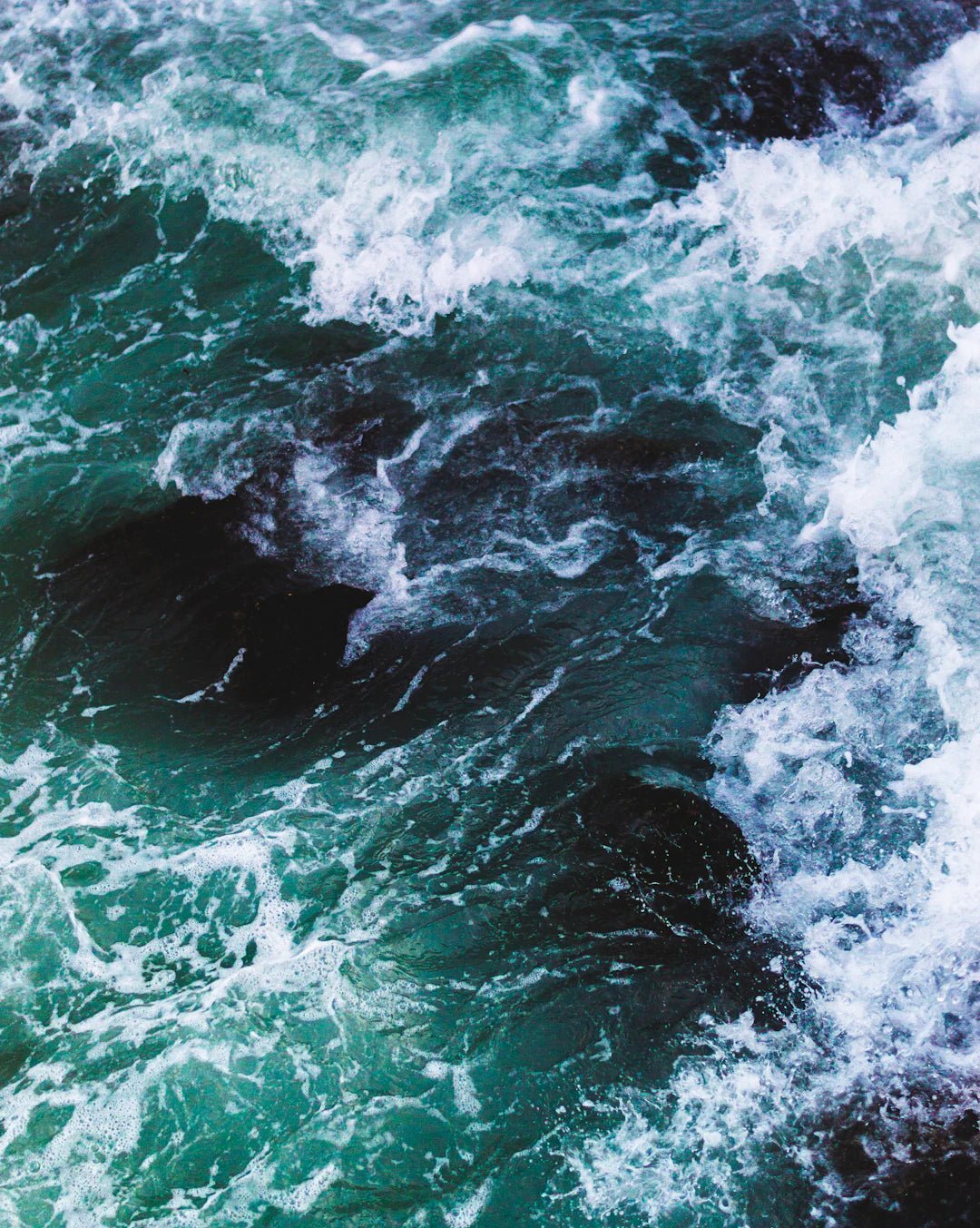The Vital Role of Reverse Osmosis in Emergencies
Overview
Reverse osmosis is a crucial water purification technology for emergency preparedness, especially in Australia. It effectively removes contaminants, ensuring access to clean water during disasters. Key benefits include high contaminant removal, consistent water quality, and ease of maintenance. To incorporate reverse osmosis into your emergency plan, assess your water needs, install a reliable system, maintain it regularly, and create a water storage plan. Combat common misconceptions about water filtration to ensure safety and preparedness in uncertain times.
Frequently Asked Questions
1. What is reverse osmosis?
2. Why is clean water so important during emergencies?
3. What are the benefits of using reverse osmosis for emergency preparedness?
4. How can I incorporate a reverse osmosis system into my emergency plan?
5. What are some common misconceptions about water filtration?
In today's unpredictable world, being prepared for emergencies is more crucial than ever. Natural disasters, flooding, and unforeseen events can challenge even the most organized households. One of the most vital aspects of emergency preparedness is ensuring access to clean water. This is where reverse osmosis and a reliable water filtration system come into play, and it's particularly relevant for residents in Australia. Not only does the Rippl Pure Filter provide exceptional filtration capabilities, but it also gives you peace of mind in uncertain times.
Understanding Reverse Osmosis
Reverse osmosis (RO) is a water purification technology that uses a semi-permeable membrane to remove ions, molecules, and larger particles from drinking water. This method is effective in eliminating contaminants, including salts and other impurities, resulting in pure, delicious drinking water. For Australians, living in a country that faces droughts and water scarcity, having a water filter that utilizes reverse osmosis is nothing short of essential.
How Reverse Osmosis Works
The mechanics behind reverse osmosis are fascinating. The process starts with pressuring the water, forcing it through the RO membrane. This membrane only allows such small molecules as water to pass through, effectively screening out unwanted contaminants. The byproduct of this is the concentrated solution on one side, which is usually disposed of. The clean water that emerges is safe for consumption, making it an ideal solution for emergency situations.
The Importance of Clean Water in Emergencies
During natural disasters or emergencies, the need for clean water skyrockets. Flooding can contaminate local water supplies, making them unsafe to drink. In many cases, authorities may issue boil water alerts, which can be timely and inconvenient. A dependable water filtration system, particularly one equipped with reverse osmosis like the Rippl Pure Filter, can ensure that you have immediate access to safe drinking water.
Key Benefits of Reverse Osmosis in Emergency Preparation
- High Contaminant Removal: Reverse osmosis systems can remove up to 99% of dissolved solids, making them incredibly effective against pollutants.
- Consistent Quality: You can be assured of consistent water quality, crucial during times when you're likely to be stressed.
- Cost-Effective: Investing in a high-quality water filter can save you money over time by reducing the need to buy bottled water.
- Easy Maintenance: Water filtration systems, like the Rippl Pure, are designed to be user-friendly, minimizing the hassle during emergencies.
- Portability: Many reverse osmosis systems are portable, making them easy to transport in the event of an evacuation.
Why Choose Reverse Osmosis? A Focus on Australia
In Australia, issues such as drought and water quality can vary significantly from region to region. As our climate continues to shift, having a reliable source of clean water is more important than ever. Here are several reasons why reverse osmosis stands out as the preferred method for emergency preparedness in Australia:
Adapting to Regional Water Quality
In Western Australia, for instance, some areas experience high levels of salinity in groundwater, making reverse osmosis an essential tool. The advanced filtration capabilities can remove these excess salts and ensure that your household has access to drinkable water, regardless of local water conditions. Likewise, in flood-prone regions of Queensland, having a robust water filter system can safeguard you against contamination risks.
Community Preparedness
In a country as vast and diverse as Australia, being prepared as a community can be a game-changer. By encouraging your neighbors to invest in reverse osmosis systems like the Rippl Pure Filter, you can create a network of families ready to support each other in cases of emergency. A community initiative focusing on water purification ensures that everyone has access to safe drinking water.
How to Incorporate Reverse Osmosis into Your Emergency Plan
Incorporating a reverse osmosis water filter into your emergency preparedness plan is straightforward. Here are some key steps to consider:
Assess Your Water Needs
Begin by evaluating how much water your household may require in case of an emergency. On average, an adult needs about two liters of water a day for hydration, but in stressful situations, that figure can increase. Consider additional needs for cooking and sanitation.
Purchase and Install a Replicable Water Filter
Select a reliable water filtration system that utilizes reverse osmosis technology, such as the Rippl Pure Filter. Make sure to install it according to manufacturer guidelines to guarantee maximum efficiency during emergencies.
Regular Maintenance
Routine maintenance is essential to keep your water filter functioning at peak performance. Regularly check and replace filters as recommended, ensuring that you are always prepared for any emergency that might arise.
Create a Storage Plan
While reverse osmosis systems provide you with fresh water, it’s wise to have an emergency water storage plan. Fill clean, food-grade containers with filtered water and store them in a cool, dark place. This preparation adds an extra layer of safety during unexpected events.
Misinformation about Water Filtration
With so many water filtration options available, misinformation can lead to confusion about what truly works. Here’s a breakdown of some common misconceptions:
Myth 1: All Water Filters Are the Same
Not all water filters are created equal. While some may only remove sediment, reverse osmosis systems eliminate a broader spectrum of contaminants, including heavy metals and microscopic pathogens.
Myth 2: Regular Tap Water Is Safe
Never assume that regular tap water is safe without testing, especially during environmental disasters. A reverse osmosis filter can give you peace of mind by providing a secondary level of protection.
Myth 3: Water Filtration Is Too Complicated
Today’s water filtration systems are designed for ease of use. With the advanced technology in products like Rippl Pure, water filtration has never been simpler.
The Future of Emergency Preparedness in Australia
As climate patterns continue to evolve and urban areas expand, the importance of clean water and effective emergency preparedness will only increase. Reverse osmosis technology will play a pivotal role in ensuring the safety and health of Australian households. By investing in quality water filtration systems, communities can become resilient, prepared to tackle any challenge that arises.
If you’re looking to enhance your emergency preparedness strategy, exploring the benefits of reverse osmosis and the Rippl Pure Filter is a smart move. The journey toward safer drinking water begins today. Equip your home with the power of purification, and face the future with confidence!
Linked Product

Reverse Osmosis Filter Replacement for Rippl Pure - Essential to Maintain Clean, Pure Water
The Reverse Osmosis Filter Replacement for Rippl Pure is designed to ensure the ongoing effectiveness of your water purification system by removing contaminants such as bacteria and chemicals. Regular replacement, recommended every 12–24 months, helps maintain water quality and taste, contributing to a healthier drinking experience. Following the easy installation guide ensures optimal performance and reliability of your Rippl Pure system.
View Product


